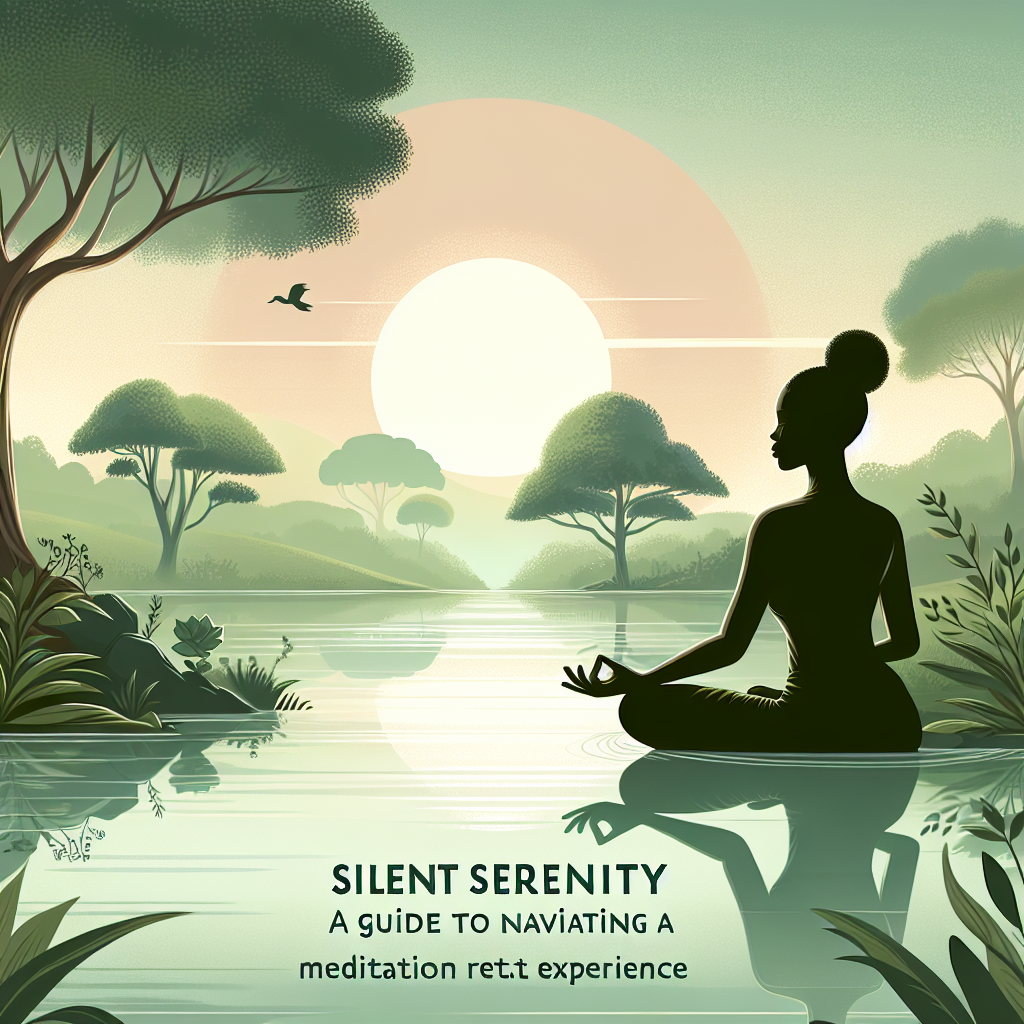In today’s fast-paced and hectic world, stress has become a common occurrence for many people. From work deadlines and family responsibilities to financial worries and health concerns, there are countless factors that can contribute to feelings of anxiety and overwhelm. However, there is a powerful tool that can help combat stress and improve overall well-being – meditation.
Meditation is a practice that has been around for thousands of years and has been used by various cultures and religions as a way to achieve inner peace and spiritual growth. In recent years, meditation has gained popularity in the western world as a means of reducing stress and promoting mental and emotional wellness. Research has shown that regular meditation practice can have a significant impact on reducing anxiety, depression, and other negative emotions, while also improving cognitive function and overall quality of life.
One of the key benefits of meditation is its ability to help individuals achieve a state of deep relaxation and calm. By focusing on the present moment and letting go of worries and distractions, meditation allows the mind and body to unwind and release built-up tension. This state of relaxation triggers the body’s natural relaxation response, which can lower blood pressure, reduce heart rate, and decrease the production of stress hormones like cortisol.
In addition to its physical benefits, meditation also has a profound impact on mental and emotional well-being. By quieting the mind and observing thoughts without judgment, individuals can gain insight into their patterns of thinking and behavior, which can lead to greater self-awareness and self-compassion. Through regular meditation practice, individuals can develop a greater sense of inner peace and equanimity, allowing them to navigate life’s challenges with grace and resilience.
Furthermore, meditation can also improve concentration, focus, and cognitive function. By training the mind to be more present and attentive, individuals can enhance their ability to concentrate on tasks and make better decisions. This can be especially helpful in today’s fast-paced world where distractions are plentiful and attention spans are short. By incorporating meditation into their daily routine, individuals can improve their mental clarity and productivity, leading to a greater sense of accomplishment and fulfillment.
There are many different types of meditation practices, ranging from mindfulness meditation, where individuals focus on the present moment and observe their thoughts and feelings without attachment, to loving-kindness meditation, where individuals cultivate feelings of compassion and empathy towards themselves and others. Regardless of the specific technique, the key to a successful meditation practice is consistency and dedication. Just like any skill or habit, meditation requires regular practice to see the full benefits.
Incorporating meditation into your daily routine is easier than you might think. Even just a few minutes of meditation each day can have a significant impact on your overall well-being. Whether you choose to meditate in the morning to start your day with a sense of calm and purpose, or in the evening to unwind and relax before bed, finding a time that works for you is key. You can meditate sitting or lying down, in a quiet space or with soothing music or guided meditation recordings. The important thing is to find a practice that feels comfortable and sustainable for you.
As with any new practice, it’s natural to have questions and concerns about meditation. Here are some frequently asked questions about meditation:
1. What are the benefits of meditation?
– Meditation can reduce stress, anxiety, and depression.
– Meditation can improve focus, concentration, and cognitive function.
– Meditation can increase feelings of inner peace, happiness, and well-being.
– Meditation can enhance self-awareness, self-reflection, and emotional regulation.
2. How long do I need to meditate to see benefits?
– Even just a few minutes of meditation a day can have a positive impact on your well-being.
– Aim for at least 10-20 minutes of meditation daily for optimal benefits.
– Consistency is key, so try to make meditation a regular part of your routine.
3. Can anyone meditate?
– Yes, anyone can meditate regardless of age, background, or experience.
– Meditation can be adapted to suit individual preferences and needs.
– If you’re new to meditation, start with guided meditation or mindfulness apps to help you get started.
4. How do I know if I’m meditating correctly?
– There is no right or wrong way to meditate.
– The key is to focus on the present moment and observe your thoughts and feelings without judgment.
– If you find your mind wandering, gently bring your focus back to your breath or the present moment.
5. Can meditation replace therapy or medication for mental health conditions?
– While meditation can be a powerful tool for improving mental health, it is not a substitute for therapy or medication.
– Meditation can be used as a complement to traditional treatment methods for mental health conditions.
– Consult with a mental health professional if you have concerns about using meditation as part of your treatment plan.
In conclusion, meditation is a valuable practice that can reduce stress, improve well-being, and enhance overall quality of life. By incorporating meditation into your daily routine, you can cultivate a greater sense of inner peace, resilience, and happiness. Whether you’re new to meditation or have been practicing for years, there are endless benefits to exploring this ancient practice. Take the time to discover the transformative power of meditation and unlock a deeper sense of peace and well-being in your life.




Leave A Comment